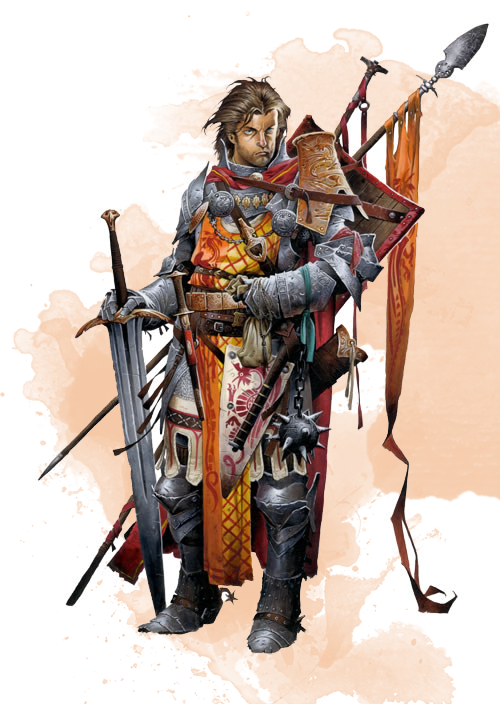Bard Colleges
College of Nobilty
A Bard from the College of Nobility does not reflect the notion of many would have of a Bard, for these are no traveling minstrels who prance for the entertainment of others. No, these Bards are more likely to be served than serve others, as they hail from the bluest of bloodlines and the more vaunted of halls.
From the lord astride his horse issuing authoritative commands to his men to the graceful princess calling her servitors to action, the very words of these nobles can inspire heroics. To these blessed bloodlines, the enchanting magic of a Bard is as natural as breathing.
An adventurer on this path is not inherently of noble background, though they most often are. A noble reared on the laws of the land is usually lawful, but extraordinary circumstances may have brought about a rebellious streak in one that now seeks to overthrow unfit rulers (or rulers that aren't them, anyway).
Living Inspiration
When you join the College of Nobility at 3rd level, your grace and presence are such that you gain additional two additional uses of Bardic Inspiration. This increases to three additionally uses at 11th level, and 4 additional uses at 17th level.
Inspire to Action
Also at 3rd level, you learn how to use your charisma to propel others to greater action, spurring them to act. As an action, you can expend a use of your Bardic Inspiration to allow an ally that can see or hear you within 60 feet to use their reaction to immediately making a single weapon attack. If the attack hits, they can add your Inspiration Dice + Charisma Modifier to the damage dealt.
Directing another creature to attack in this manner does not count as as making an attack or casting a spell.
Inspiring Rogues to Action
Some veteran players and Dungeon Masters may instantly see a powerful synergy between Inspire to Action and the Rogue class feature Sneak Attack. While this is indeed a powerful combination, consider that, ultimately, while this ability can be used to get a second sneak attack for on a rogue player, it still has the coast of a player action to accomplish.
While it is a powerful combination, there are combinations that can leverage the same power with less action cost in the hands of clever players already.
Nobelesse
At 6th level, when you roll for initiative you can add your Charisma modifier to your roll and you can choose to swap your result with another willing creature within 30 feet, immediately exchanging total Initiative roll results.
Additionally, you learn the spell command, and it counts as a Bard spell for you.
Divine Right
Starting at 14th level, you are never truly out of inspiration, as your mere presence is an inspiration. When you've exhausted your last use of Bardic Inspiration, you can continue to use features that require Bardic Inspiration, but your Inspiration dice reduced to d4 dice until complete a short or long rest.
Relying on your Companions
A Bard of the College of Nobility works best when surrounded by loyal retainers or companions to whom inspire to action with their noble presence. While originally derived as an NPC archetype (and ideal for such a role), it can be a rewarding player archetype, but consider carefully if you have reliably companions before decided to rely on them by choosing this College!
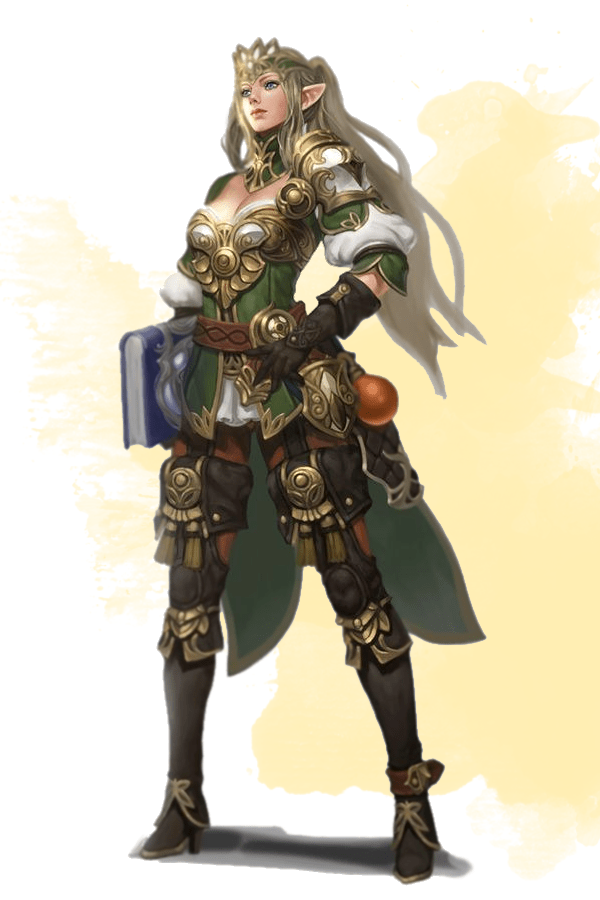
Cleric Domain
Judgment Domain
A Judgment Domain cleric is a cleric who oversees the distribution of law and order. The may do so in the name Justice itself, or in service to a particular face of justice, be that a lawful god - such as Tyr, Forseti, Helm, Torm, Ilmater... or even Bane, for those that dispense the Iron Fist of Tyranny the World might need - or at the behest of an institution of justice in the land.
Employing a Justice Domain cleric is something that any ruling power must consider carefully. While they are almost always Lawful to the extreme, they answer only to their own, higher, ideals of justice.
Judgment Domain Spells
| Cleric Level | Spells |
|---|---|
| 1st | sanctuary, hellish rebuke |
| 3rd | detect thoughts, zone of truth |
| 5th | counterspell, fear |
| 7th | banishment, locate creature |
| 9th | dispel good and evil, geas |
Bonus Cantrip
When you choose this domain at 1st level, you gain the sacred flame cantrip if you don't already know it.
Sacred Judgment
Starting at 1st level, when deal damage to a creature with a cleric spell, you can apply additional damage to a creature equal to your Wisdom modifier damage if that target has dealt damage to another creature since the end of your last turn.
You can do this a number of times equal to your Wisdom modifier, regaining all uses on a long rest.
Sweeping Judgements
If a spell effects multiple creatures, you can apply Sacred Judgement to multiple targets, but each application counts as one use of the ability.
Channel Divinity: Invoke Judgement
Starting at 2nd level, as an action you can present your holy symbol and invoke judgment upon your enemies. You crush a target within 60 feet under the weight of their sins. The target makes a Wisdom saving throw. On failure, the creature is knocked prone and their movement speed is dropped to zero for 1 minute. The creature can repeat their saving throw at the end of each of their turns. They make this save disadvantage if they have dealt damage since the start of their turn.
You can apply the bonus damage of Sacred Judgement when dealing damage with a Cleric spell to a creature you have Invoked Judgement on regardless if they have damaged another creature. This persists for 1 minute regardless of their save.
Rebuke
Starting at 6th level, when an allied creature within 60 feet of you is reduced to zero hit points or takes damage from another creature while under the effect of a sanctuary spell you cast, you can cast hellish rebuke against the attacker them without expending a spell slot.
You can do this a number of times equal to your Wisdom modifier, regain all uses on a long rest.
Potent Cantrip
Starting at 8th level, you add your Wisdom modifier to the damage you deal with any cleric cantrip.
Eternal Judgement.
Starting at 17th level, your Sacred Judgement can be used an unlimited number of times.
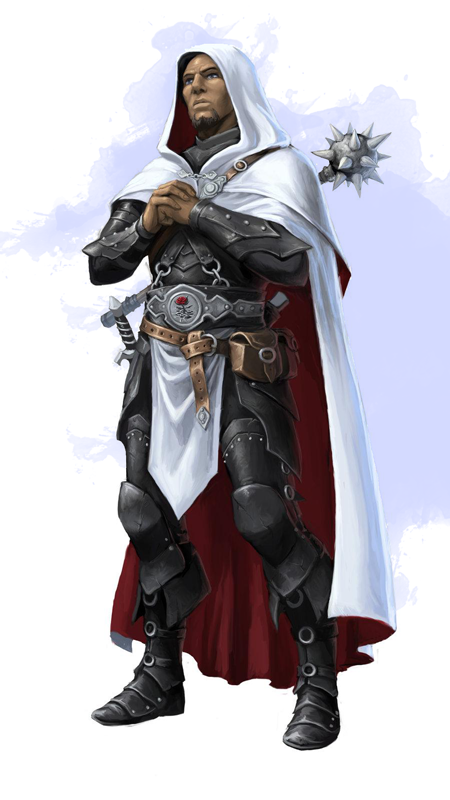
Fighter Archetype
Rogue Archetypes
Purifier
Not all priests are clerics. Not all problems can be solved by prayer and preaching. Sometimes a more subtle touch is needed to steer the world as the faith dictates, and that is the roll of a Purifier. A blade in the night that commits the lesser evil for the greater good, or a quick end to someone that sniffed too close the Cult of Vecna's business, both could be the work of these divinely guided rogues.
Good is not nice, evil is not stupid. Whatever the organization or god a Purifier serves, it is one that understands the practical nature of the world. Spying, stealing, extracting information, purging the heretics... they have many tasks before them, and complete them with a grim determination.
A Purifier is almost always lawful following an organizational code with zealous focus, but the laws they follow may or may not have any relation to the laws of the land they are in.
Naming Convention: Inquisitor?
This archetype shares a lot of conceptual space with what many entries in the genre would call an "Inquisitor", but there already exists the "Inquisitive" rogue that lacks the divine backing present here, and having two archetypes with such similar names would ultimately cause confusion..
Purification
Starting at 3rd level, when you deal damage with your Sneak Attack, you can choose to deal the extra damage as Radiant damage.
Church Militant
When you choose this archetype at 3rd level, you gain proficiency with the religion skill and martial weapons. Your proficiency bonus is doubled for Intelligence (Religion) checks.
Path of Faith
Starting at 9th level, you have mastered the darkness that your foes lurk in. Your Wisdom (Perception) is not effected by dim light.
Additionally, you learn the spell guidance.
Sanctification
At 13th, you learn the spells protection from good & evil, divine favor, and shield of faith. You can cast these spells without consuming a spell lot a number of times equal to your Wisdom modifier (combining all uses of these spells). You regain all uses after completing a long rest.
Additionally, during a short or long rest, you can create one use of Holy Water from normal water without any additional components by reciting a ten minute ritual.
Condemnation
Starting at 17th level, you can use the bonus action granted by your Cunning Action to instill supernatural dread in a foe you can see. They must make a Wisdom saving throw against 8 + your wisdom modifier + your proficiency, or become frightened of you. They make the save with disadvantage if they don't know where you are. A creature frightened may repeat the saving throw at the end of each of their turns.
While a creature is frightened of you, you have advantage on attacks against that creature.
Once a creature passes a save against this effect, they are immune to this effect for 24 hours.
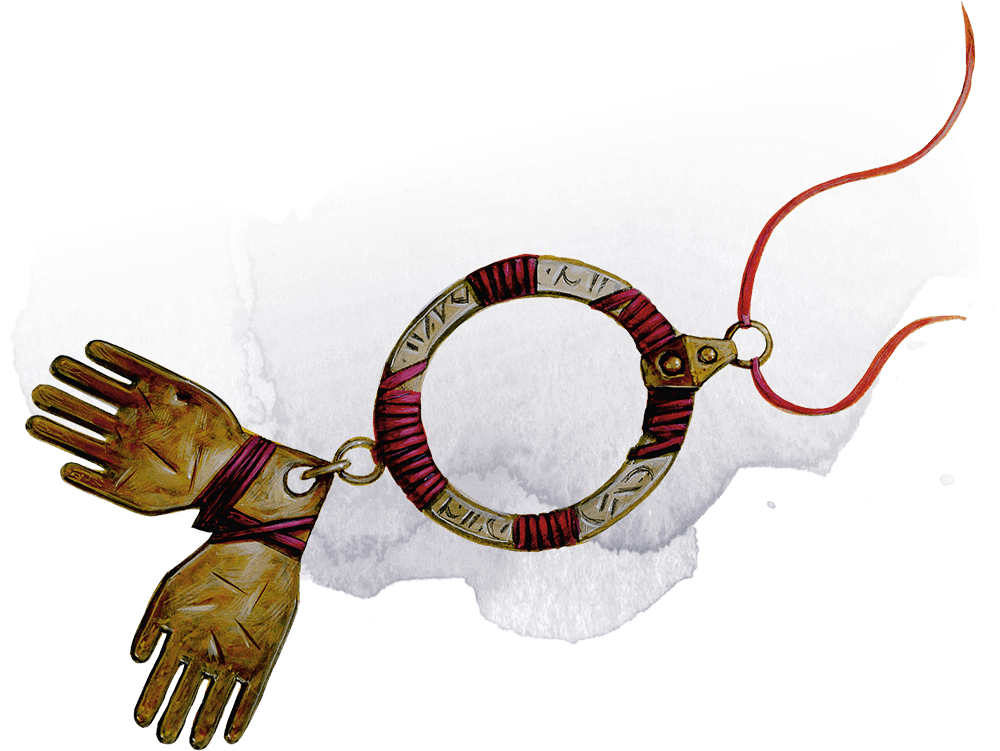
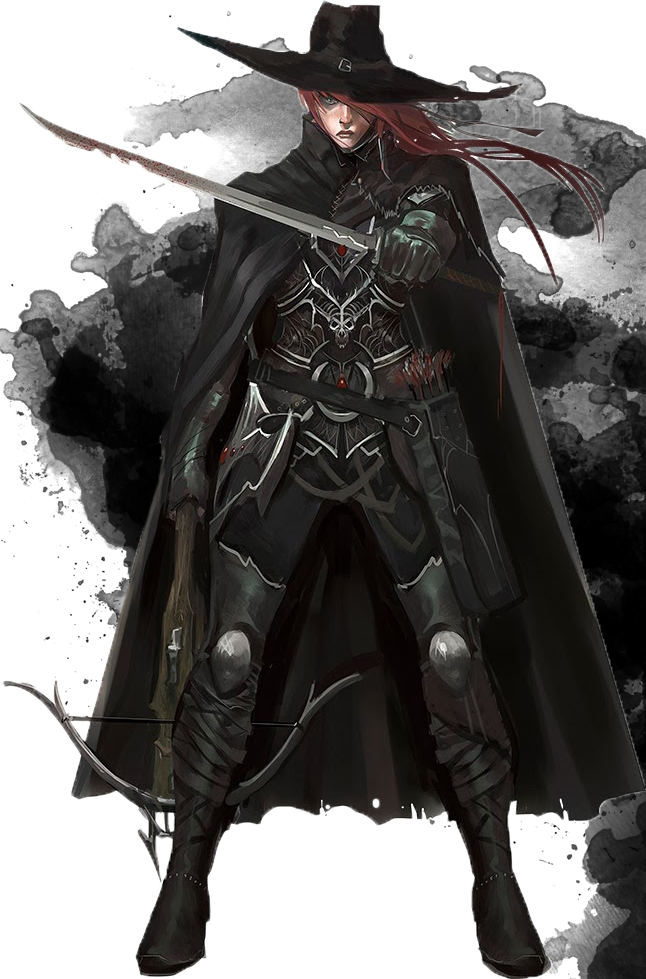
v1.1 Change Log
College of Nobility
- Living Inspiration changed to +2 uses, with +3 @ 11 and +4 @ 17.
Purifier
- Templar Medium Armor Proficiency exchanged for Proficiency (and Expertize) with Religion.
- Templar Condemnation updated to be a use of Cunning Action rather than on hit.
- ...Templar name changed to Purifier.
Judgment Domain
- Sacred Judgement limited to Wisdom Modifier/long rest, but is no longer restricted to your turn.
- Sword of Damocles replaced with Eternal Judgement.
Image Credits
- College of Nobility Image: Paizo (Pathfinder)
- Judgement Domain Image: Paizo (Pathfinder)
- Banneret Figher: Paizo (Pathfinder)
- Templar Holy Symbol: Wizards of the Coast (D&D)
- Templar Rogue: Paizo (Pathfinder)
Credits
Creation is brought to life by generous patrons:
- Ara Enzeru
- Austin Fox
- Corgi B.
- David Ramero
- Spenser Birney
Want to support KibblesTasty in keeping this updated and creating more homebrew like this? You can join them on Patreon.
- Sanity testing and feedback: Grimm
Thank you!
